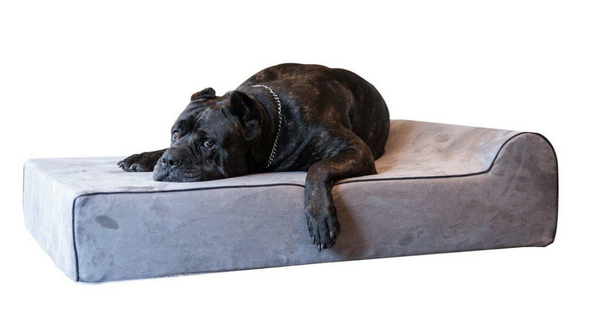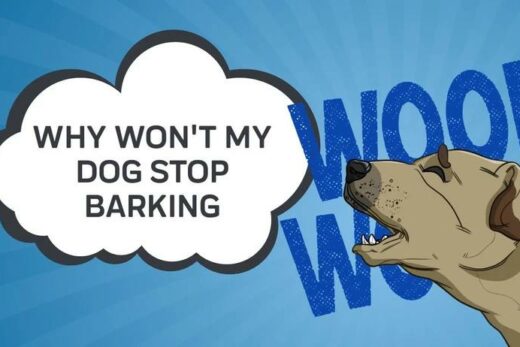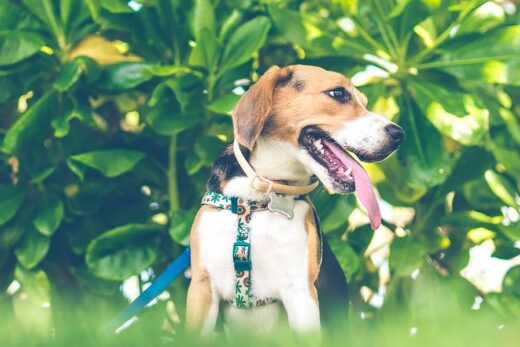Humans are not the only ones who experience anxiety. Dogs of all breeds and ages can feel it as well, and just like us, each canine manages this emotion differently.
It is fairly natural for anxiety to arise once in a while and should not be a cause for concern. However, canines can often develop a more intense form of anxiousness that, if not properly addressed with dog anxiety treatments, could lead to a serious disorder.
How to know if your dog’s anxiety is getting out of hand? How to calm an anxious dog down? Below we prepared a handy guide that explains all there is to know about how to help a dog with anxiety.
Dog Anxiety Symptoms
There are many clues to look out for in order to determine if your dog is experiencing anxiety, such as:
- Sudden aggression
- Destructive or compulsive behavior, especially around entry and exit points such as doors and windows.
- Excessive barking, even without triggers
- Constant pacing
- Excessive drooling and panting
- Restlessness and/ or trembling
- Decreased appetite
- Urinating or defecating indoors, even when housebroken
- Self-trauma such as excessive licking or chewing on their own fur and paws
Should you notice this in your dog, there is no need to be concerned outright as any of these symptoms can happen occasionally. The key is to catch it in the early stages of forming a pattern. The more frequently these happen, the better it is to address the situation straight away.
Dog Anxiety Causes
Anxiousness in dogs can stem from multiple triggers, but the top 3 most common ones are:
- Fear
- Separation
- Aging
Anxiety Due To Fear
Triggers for fear-related anxiety could be loud noises, strangers (both humans and animals), unfamiliar environments, new textures or surfaces (like grass or sand), or even situations from uncomfortable past experiences (such as car rides to the vet).
While fleeting reactions to these triggers are normal, significant and long-lasting reactions may be a symptom.
Anxiety Due To Separation
Separation anxiety affects a big population of canines. Dogs suffering from this disorder are restless and constantly worried when left alone or with unfamiliar people. The usual triggers that develop this disorder are if the dog has been abandoned, sent to a shelter or pound, has been adopted by a new family, or other abrupt changes in their social and personal life.
Anxiety Due To Aging
Older dogs sometimes suffer from CDS, or cognitive dysfunction syndrome. This disorder affects their memories, learning ability, perception, and awareness – quite similar to Alzheimer’s disease for humans. Because of all the mental strain this can cause, the dogs will tend to get very confused and anxious as a result.

Dog Anxiety Treatment
Learning how to calm an anxious dog can take a little practice and patience. They may not actively respond to your efforts right away but with time, they will soon find comfort in what you have to offer.





